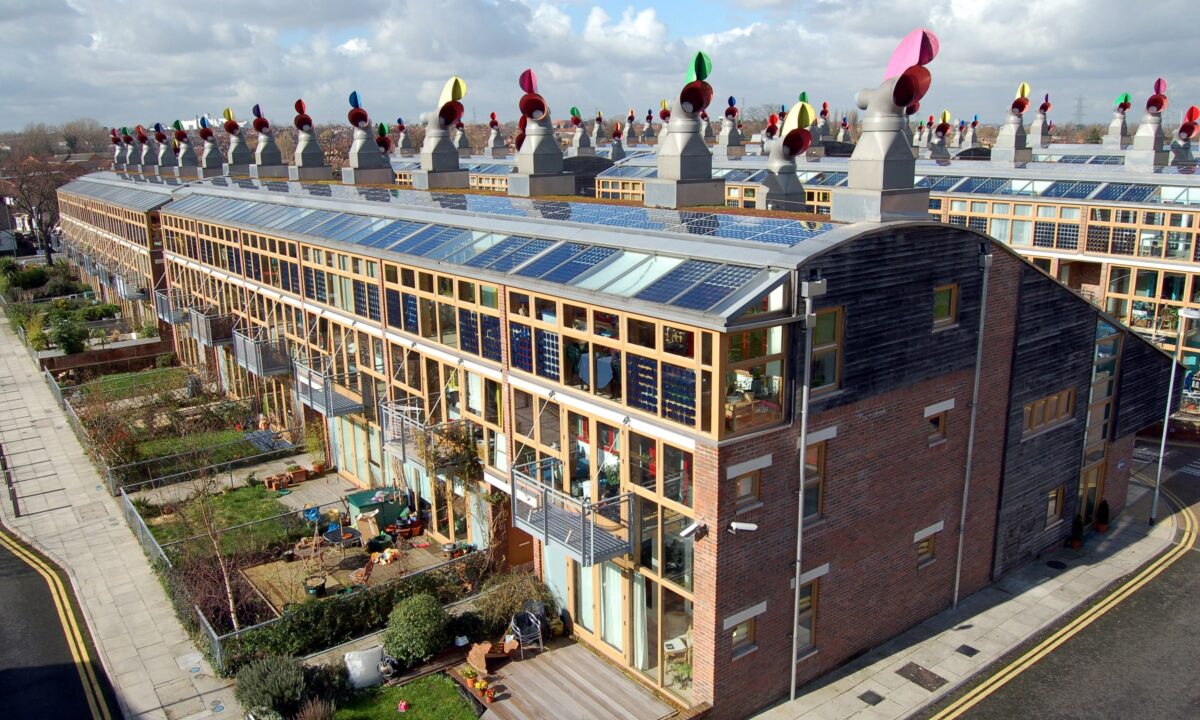Bioregional’s targets to cut greenhouse emissions approved by the Science Based Targets initiative
The authoritative Science Based Targets initiative (SBTi) has approved Bioregional’s target to:
- reduce our already low scope 1 and scope 2 greenhouse gas emissions – from property, and energy used for heating and lighting – by at least 50% by 2030.
We have also committed to reducing our scope 3 emissions – indirect emissions from manufacturing, supply chains and company travel – even though the SBTi does not require SMEs to do so. Bioregional will:
- require 50% of our key suppliers (measured by procurement emissions) to have science-based targets by 2025, and,
- reduce our absolute emissions from business travel by 75% by 2030.

The new targets, which will be measured from a 2018/19 baseline, put Bioregional on course to become a net zero carbon organisation, as defined by the SBTi.
They were developed by Bioregional’s Sustainable Business team, which has helped businesses to set science-based targets since 2004, supporting international retailers such as Kingfisher and professional services firms including Troup Bywaters + Anders to create carbon reduction strategies that have been approved by the SBTi.

Bioregional’s offices are in BedZED, South London, which was built in 2002 as the UK’s first large-scale sustainable community. BedZED’s energy-efficient design, and our longstanding commitment to minimise our environmental impact, means that our electricity use is comfortably within the top quartile for non-air-conditioned offices in the UK and our scope 1 and 2 emissions are already extremely low, representing just 5% of our total greenhouse gas emissions.
Sue Riddlestone OBE, Chief Executive of Bioregional, said: “Urgent action across all sectors of the economy and society is needed to keep temperature rises below 1.5 degrees, and a vital first step for any organisation is to calculate its greenhouse gas emissions and to set science-based targets to reduce them. Bioregional has been doing this with partners, on behalf of clients, and for our own operations for more than 20 years.”
The Science Based Targets initiative (SBTi) drives ambitious climate action in the private sector by enabling companies to set science-based emissions reduction targets. These provide companies with a clearly defined path to reduce emissions in line with the Paris Climate Agreement goals.
Image credits: Path: Lili Popper, via Unsplash, BedZED: Tom Chance






